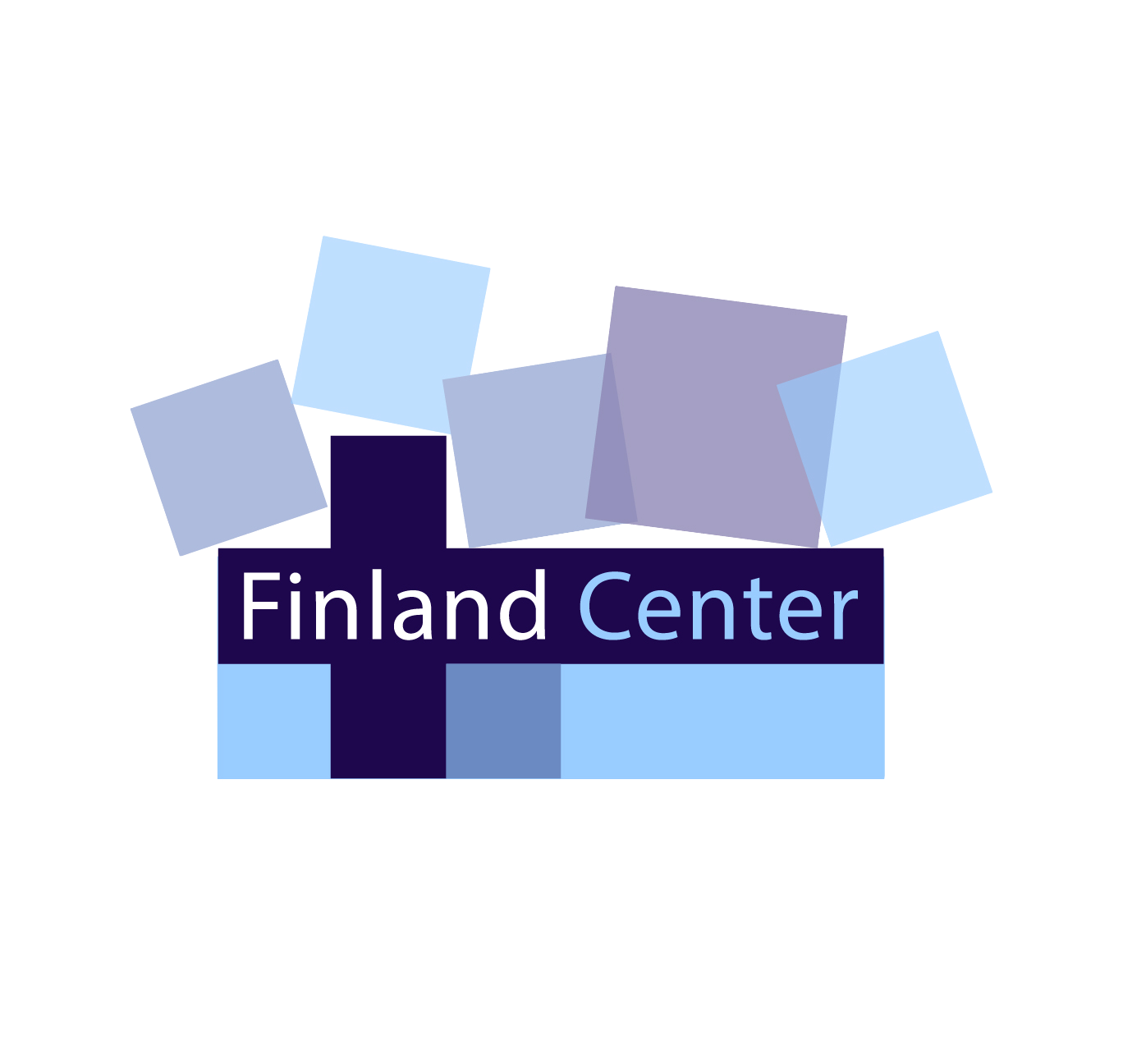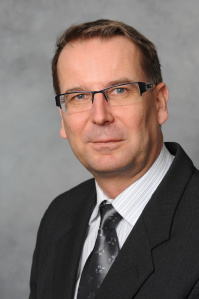Finland’s Permanent Mission to the UN is one of the two gold sponsors of Finland Center’s December 16th fundraiser supporting the work of the Panzi Hospital in the Democratic Republic of the Congo. We spoke with Ambassador Jarmo Viinanen about the situation in the DRC, violence against women and about gender equality issues in Finland.
What motivated the Finnish mission to the UN to become a gold sponsor for the Panzi Hospital fundraiser?
“Two reasons. The first is the seriousness of the situation in the DRC, and the fact that violence against women is something that happens all too often worldwide. In the DRC, violence against women is now used as a war weapon, as a means of terrorism. When women are raped, they are stigmatized and isolated from the society. The Panzi Hospital offers both physical and mental support for these women who are victims of rape and other types of violence. So it’s an easy cause to support. We also want to support Finland Center Foundation’s valuable work. It’s not easy to raise money for such a sensitive cause. It takes a lot of effort. So from that perspective, it’s nice to be able to support Finland Center in this. This event combines a lot of good things.”
For those people who haven’t followed the situation closely, what exactly is happening in the Democratic Republic of the Congo?
“The situation in a nutshell is that after the genocide in Rwanda, many Hutus escaped to Eastern Congo to get away from Rwandan officials and the Tutsis. They’ve been there for about 15 years now. While the Hutus occasionally strike into Rwanda, above all the problem is that they are making the situation very volatile in the DRC, a country the size of Western Europe. So this is a huge country with several tribes and groups, and not much law and order. Internal conflicts and violence between the different groups are problems that are present more or less all the time. Amidst all of this it is the women who have become the victims of attacks.”
Why are women targeted?
“Partly it might be a systematic thing: these people want to break down the whole society by targeting women. Violence against women causes tremendous physical and mental damage as it harms the whole society and its ability to survive. Another reason might be that people’s perceptions of right and wrong get weakened in war situations. People become more corrupt, and are willing to do things that would be unheard of in an organized society. They become lone soldiers who will do whatever it takes to survive and to claim their place in society. Peoples’ moral codes are clearly weakened during long periods of violence.”
When the scale of the problem is as big as it is in the DRC, how much can we really help with small fundraising events such as the one at the Salmagundi Club on Dec. 16?
“Everything helps, even smaller-scale events. The benefits of fundraisers like this one are two-fold: one is that we’ll directly support an institution that helps women who have become victims of violence. The second is that we’ll increase awareness of this issue. What we are talking about here is violence that is hard to describe, where the women are not only raped: their genitals are slashed and mutilated, their uteruses are ripped out, their rectums are slashed. This all causes such complications that they can never live normal lives again. That’s why The Panzi Hospital’s work is very important. These women need extensive surgeries to be able to lead any kinds of lives. Talking about issues like this is very difficult. Our own code of morals tells us that this is something that is clearly wrong, and we find it hard to even discuss these terrible things. It’s much easier to just be quiet. So increasing awareness, whether it’s in the US or in Finland, is important. People need to know that this is going on and that we need to do something about it. By organizing fundraisers like this we’ll hopefully be able to mobilize people and to get violence against women to decrease.”
Has the United Nations done anything to combat the situation in the DRC?
“Yes it has, several things. There is a big peacekeeping operation in the DCR, with 20,000 peacekeepers altogether. The mission of this operation is specifically to protect the civilians. But this hasn’t worked out that well because it’s a huge country with millions of people and the troop size is still relatively small considering that. In addition, the Congolese troops and, to some extent, even the peacekeepers have ended up contributing to the violence either directly by raping women or indirectly by buying prostitutes’ services. Apparently even some UN peacekeepers have been guilty of this. It’s a very complicated thing.”
But if the peacekeepers know that they were sent the DRC to protect the civilians, how is it that they then start raping the women and making the problem worse?
“I know that this seems inconceivable, and definitely hurts the credibility of the UN. This is a really serious matter. Unfortunately, as we have learned from thousands of years of history, whenever there’s a situation of war and there are a lot of soldiers, who are usually male, violence against women becomes a problem. So while it’s hard to understand that some peacekeepers would do this, one just needs to look at history. It’s hard to say whether the situation is worse now than before, but at least there’s more awareness now of what’s happening and that we need to stop it.“
How big of a problem is violence against women in Finland?
“Nearly 20 women die each year in Finland as a result of domestic violence. That’s a major number in our statistics. According to studies, domestic violence is more common in Finland than in many other European countries. So that goes to show that Finland, too, has a culture of violence, even though there isn’t a particular reason for it. Again, if we look at historical facts, the prevalence of violence of all types peaked in the country during the 10-15 years that followed war. For a long time the violence in the society reflected the fact that people had lived through war and violence themselves.”
Finland is often considered a model country of gender equality. Does it deserve that reputation?
”When it comes to gender equality, Finland is doing really well in principle. And of course if we compare the country internationally, we can call the it the model country for equality. In terms of law, men and women are equal in Finland. We have a female president, and more female than male ministers in the government. The percentage of women in the work force is very large and that is possible because of our good daycare system. It’s clear that when women are earning money, it makes them more equal in relation to their husbands. But this doesn’t mean that we wouldn’t have any issues to deal with, though not so much in terms of law but in putting it to practice. Many of these issues are deep-rooted in the society and don’t have clear reasons, like domestic violence. And while we have more female politicians these days,, in the business world there are very few women on the top. This has to do with traditions and educational backgrounds of people. Business leaders have traditionally been engineers in Finland, and the bulk of engineering students are naturally male. And when you are choosing who to hire, you’re more likely to hire people you know, maybe people you studied with. So that’s one explanation.“
What could we do to improve gender equality worldwide?
“The one thing to do would be to guarantee education possibilities for girls. This is one of the biggest equality problems worldwide. In situations where there’s no public school system and you have to pay for school, the families are almost guaranteed to educate the boy child. That’s the universal rule. When girls are given an equal opportunity to get educated, from elementary school to the university level, this promotes gender equality more than anything. Finland’s experiences in this are clear. We’ve had gender equality in education for a very long time, and access to education hasn’t been determined by your gender. Nowadays we have more women in universities than men. Countries like Finland can promote gender equality worldwide by designating funding for the education sectors of developing countries. That way we can train more teachers, so that we can educate more children. This is the way to do it.”
How much have you worked with gender equality issues in your career?
“Previously in my career it wasn’t a very central focus, but it has been more so since I got appointed as the UN ambassador of Finland. If there’s one thing that defines Finland’s role in the UN, it is our focus on promoting gender equality. This is very important for us. For example, Finland has paid money into a UNDP fund that covers the cost of a female representative from a developing country to travel to an environmental summit. If a delegation already has two men traveling to a conference, and they choose to bring an additional member and it’s a woman, we will pay for her trip. We think it’s important that women’s voices are heard in climate change discussions, because they are the first ones experiencing its effects. In many countries it is the women who take care of the families’ everyday lives, and if it becomes harder to fetch water due to drought, for example, women will notice it first. That’s why we want to hear women’s perspectives in all international summits, including the climate change conferences. Also, the more women there are involved in peace processes and negotiations as peacemakers, the more their points of view come up: what peace means to them and what kinds of things we need to pay attention to. If it’s men waging wars and using guns, and then the same men do peace negotiations, we all understand it’s not a good system. But if women are included in peace negotiations, I think that this would help take into consideration the matters that really affect people’s lives.”
Finally, why should people come to The Panzi Hospital fundraiser on December 16th?
“It’s worth coming to the event because this is a way to help the women and girls who have been victims of unfathomable violence. This is a way to do something good, offer concrete help, and be involved in aid work. Also, I expect it to be a fun night and that we’ll have a great time!”

